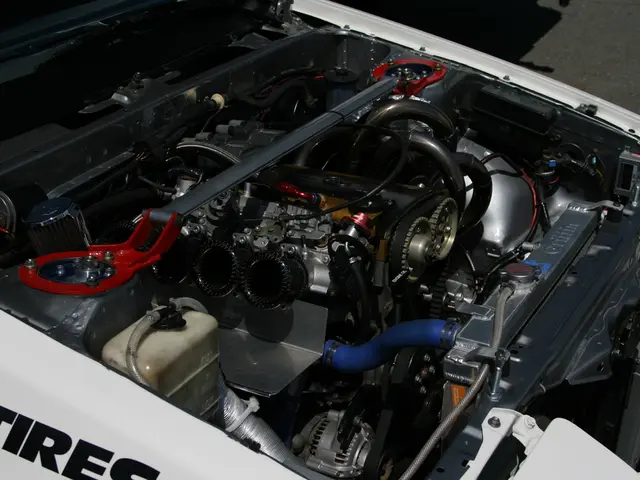The European truck industry may face the prospect of significant market erosion
The European truck industry is on the brink of a transformative shift, with the current HDV CO2 standards falling short in stimulating supply and encouraging the transition to Zero-Emission Vehicles (ZETs). According to recent reports and recommendations, strengthening these standards could offer numerous benefits, not only for the environment but also for the economy.
One of the most significant advantages is job creation. T&E recommendations suggest a net increase of 23,000 jobs (a 4% increase) in the truck manufacturing, infrastructure, and energy sectors compared to current policies. This boost is expected to play a pivotal role in shaping the future of the European truck industry.
The same T&E recommendations also forecast a 31% increase in value added, amounting to €27 billion, in these sectors compared to current policies. The report highlights the potential economic benefits of stronger CO2 reduction targets in the European HDV market.
Moving away from diesel trucks can significantly reduce Europe's dependence on imported oil, contributing to energy sovereignty. Replacing truck diesel demand with domestically-produced electricity, primarily from renewable sources and hydrogen, can benefit the European economy.
Encouraging battery production in Europe could lead to the creation of an additional 19,000 jobs under T&E recommendations. The total cost of ownership (TCO) of battery-electric and fuel cell electric trucks is projected to drop below that of diesel trucks by the late 2020s.
However, Europe may potentially face competition from the United States and China in the HDV market due to faster economies of scale development in these nations. Strong policies and subsidies in these countries are driving their industries to develop at a rapid pace.
The report's key findings indicate that stronger CO2 standards can have a significant impact on the European HDV market. T&E recommends expanding the scope of the regulation to cover all new HDVs and policymakers to raise their ambition by strengthening the 2030 CO2 reduction target to -65%.
The transition to ZETs will have gains and losses in different sectors, necessitating strategies to support workers in internal combustion engine manufacturing, diesel refineries, and related sectors. The report underscores the importance of these considerations to ensure a just and smooth transition.
In conclusion, stronger CO2 standards for heavy-duty vehicles are vital for climate goals and for defending the competitiveness of the European truck industry. The benefits extend beyond the environmental sphere, offering potential economic advantages and job creation opportunities. The report emphasizes the importance of a balanced approach that considers both the environmental and economic implications of these changes.
Read also:
- Exploring Harry Potter's Lineage: Decoding the Enigma of His Half-Blood Ancestry
- Elon Musk Acquires 26,400 Megawatt Gas Turbines for Powering His AI Project, Overlooks Necessary Permits for Operation!
- U Power's strategic collaborator UNEX EV has inked a Letter of Intent with Didi Mobility to deploy UOTTA(TM) battery-swapping electric vehicles in Mexico.
- Commercial-grade hydrogen enhancement systems manufacturing initiated by H2i Technology








